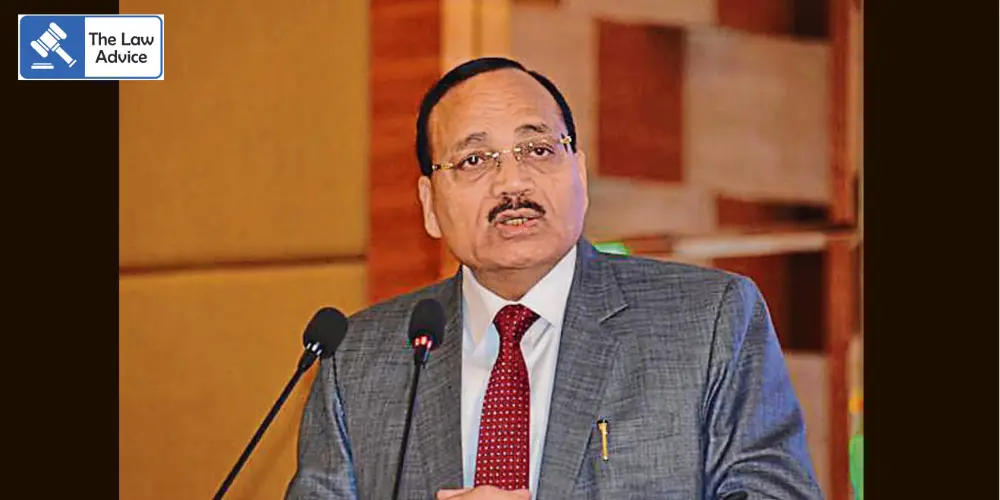Chief Justice of India Surya Kant on Wednesday emphasized the need for greater uniformity in judicial decision-making across the country. He said that avoidable divergence in legal interpretations between the 25 High Courts and multiple benches of the Supreme Court needs to be reduced to ensure fairness and legal certainty.
Delivering the keynote address at the Constitution Day celebrations held in the Supreme Court, the CJI remarked:
“Justice cannot sound like harmonious notes played separately but discordant when played together. We must aim for a judicial symphony — many voices, one constitutional rhythm.”
He suggested that the formulation of a uniform national judicial policy could help institutionalize predictability and coherence across courts, ensuring clarity and consistency in the law.
The Chief Justice noted that despite the constitutional guarantees, access to justice remains elusive for many citizens burdened by geographical, economic, linguistic, and systemic obstacles.
“Liberties become ornamental when remedies are inaccessible,” he said, reminding that Articles 32 and 39A place a constitutional duty upon the judiciary to safeguard access to justice.
The CJI underlined that the justice system must function in a manner that bridges the gap between constitutional promises and lived realities — especially for marginalized sections.
He clarified that improving judicial infrastructure goes far beyond constructing physical courtrooms. It must include modern technology, administrative strength, and skilled human resources.
On Alternative Dispute Resolution, he described mediation as central to modern justice delivery — a process that prioritizes cooperation, repairs relationships, reduces costs, and alleviates court pendency.
He highlighted:
• The success of the “Mediation for the Nation” initiative in matrimonial, motor accident, and commercial disputes
• A 40+ hour online mediation training module to enhance professional capacity
• India’s emergence as a preferred arbitration hub, backed by judicial support and global standards
Calling technology the “connective tissue” of the justice ecosystem, the CJI said digital filing, virtual hearings, real-time transcripts, multilingual platforms, and advanced case management tools have already begun widening access.
However, he cautioned that the transition must be inclusive, ensuring that those without digital connectivity are not left behind.
He also spoke about the importance of international engagement among judicial institutions, stating that cross-border cooperation should translate into shared knowledge and collective improvement, not remain a symbolic idea.
Reflecting on 76 years of the Constitution, he described it as the stabilizing framework that has enabled transformation without chaos. Through judicial evolution — including expansion of Article 21, recognition of Fundamental Duties, and promotion of public interest litigation — the courts have ensured that justice reaches those who need it most.
In conclusion, the Chief Justice said:
“The true strength of constitutional democracy lies not merely in declaring rights but in securing them.”
He urged the judiciary to stay committed to building a justice system that responds to every citizen with fairness, dignity, and constitutional fidelity.
